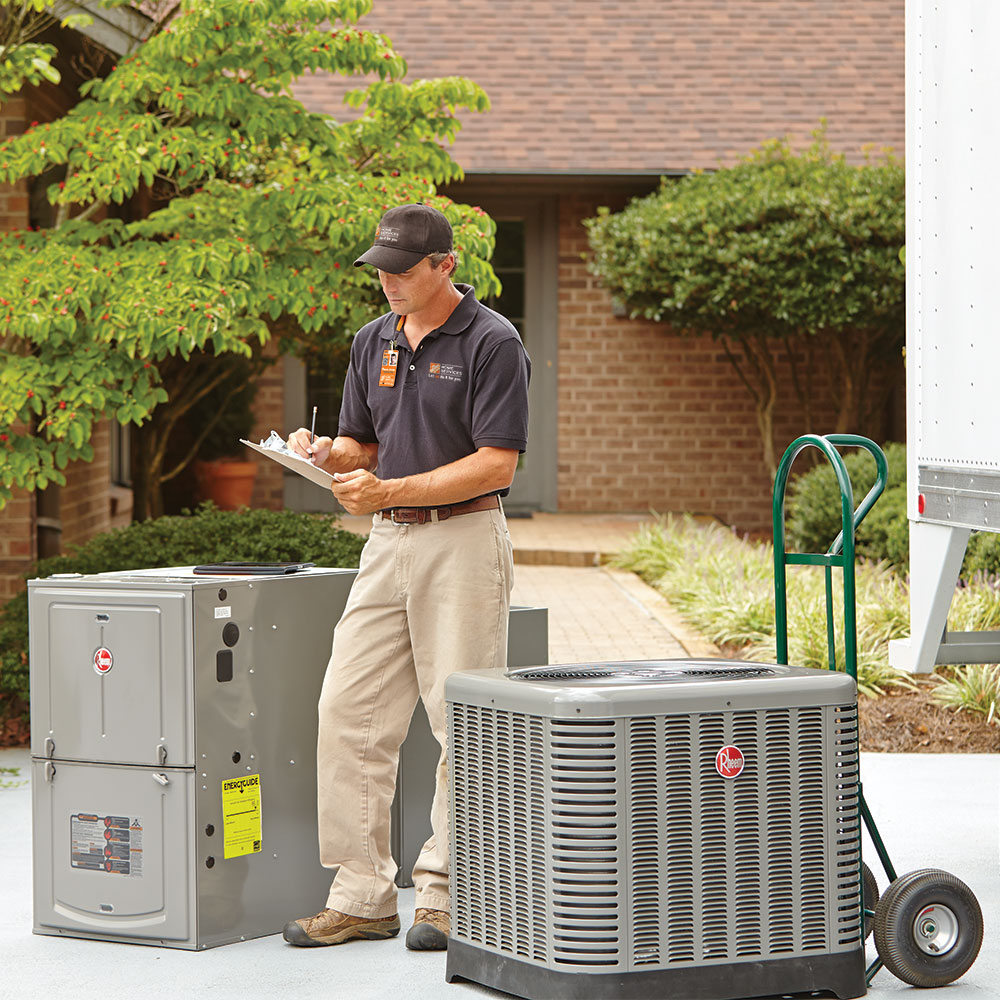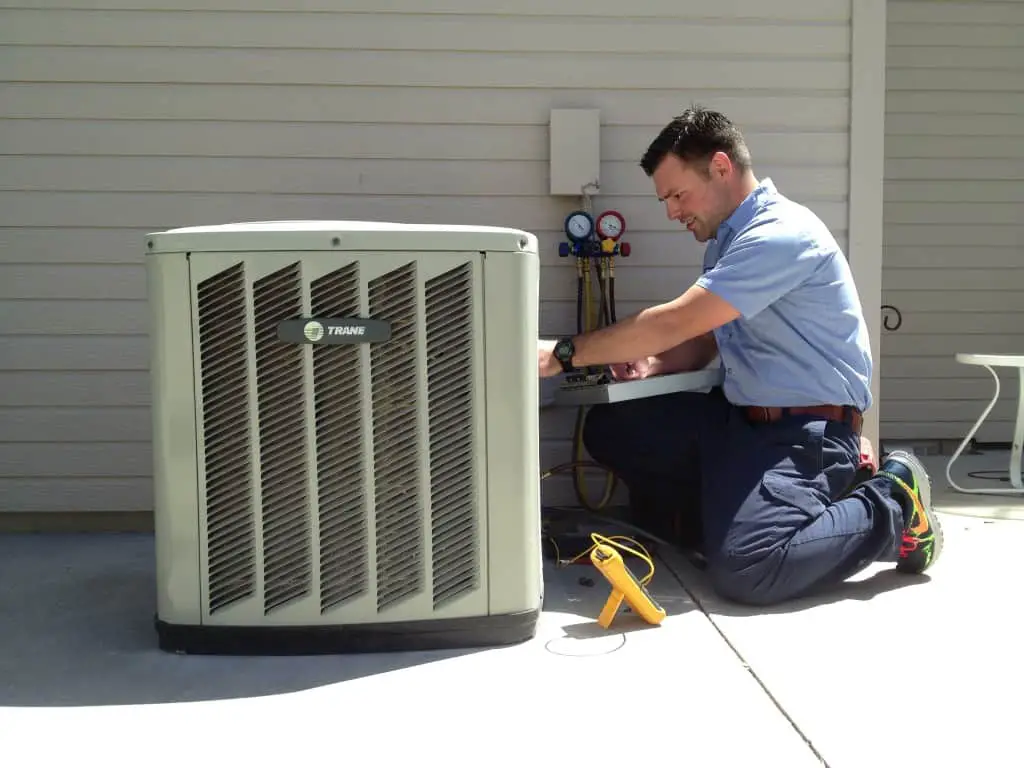Do you know when to replace your HVAC system? HVAC stands for Heating, Ventilation, and Air Conditioning. It keeps your home comfortable all year round. Replacing an HVAC system is a big decision. This guide will help you understand everything about HVAC replacement.
What is HVAC Replacement?
HVAC replacement means installing a new heating and cooling system. It could be replacing an old system or upgrading to a better one. A new HVAC system can improve comfort and save money.
Signs You Need HVAC Replacement
How do you know it’s time to replace your HVAC system? Here are some signs to look out for:
- Your system is over 15 years old.
- It needs frequent repairs.
- Your energy bills are too high.
- Your home is not comfortable.
- The system is very noisy.
Benefits of HVAC Replacement
There are many benefits to replacing your HVAC system. Here are some of the most important ones:
- Improved energy efficiency.
- Lower energy bills.
- Better home comfort.
- Fewer repairs needed.
- Quieter operation.
Choosing the Right HVAC System
Choosing the right HVAC system is important. Here are some factors to consider:
- Size: The system should be the right size for your home.
- Efficiency: Look for systems with high energy efficiency ratings.
- Type: There are different types of HVAC systems. Choose one that fits your needs.
- Brand: Choose a reputable brand with good reviews.
Cost of HVAC Replacement
The cost of HVAC replacement can vary. It depends on the type of system and your home’s size. Here is a rough estimate of costs:
| Type of System | Cost Range |
|---|---|
| Central Air Conditioner | $3,000 – $7,000 |
| Heat Pump | $4,000 – $8,000 |
| Furnace | $2,500 – $6,000 |
| Boiler | $4,000 – $10,000 |
These prices include both the unit and installation costs. It is always a good idea to get multiple quotes.
Steps for HVAC Replacement
Replacing your HVAC system involves several steps. Here is a simple guide:
- Assessment: A professional will assess your current system and needs.
- Choosing a System: Select a system that fits your home and budget.
- Installation: The old system is removed and the new one is installed.
- Testing: The new system is tested to ensure it works correctly.
Maintaining Your New HVAC System
Once you have a new HVAC system, it is important to maintain it. Regular maintenance can extend the life of your system. Here are some tips:
- Change filters regularly.
- Schedule annual check-ups.
- Keep the area around the system clean.
- Check the thermostat settings.
- Listen for unusual noises.
Energy Efficiency and Savings
A new HVAC system can save you money on energy bills. Look for systems with high SEER ratings. SEER stands for Seasonal Energy Efficiency Ratio. The higher the SEER, the more efficient the system.
Environmental Benefits
New HVAC systems are better for the environment. They use less energy and produce fewer emissions. This helps reduce your carbon footprint.

Credit: www.homedepot.com
Frequently Asked Questions
Here are some common questions about HVAC replacement:
- Q: How long does an HVAC system last?
A: Most systems last 15-20 years. - Q: Can I replace just the air conditioner?
A: Yes, but it is often better to replace the whole system. - Q: What is the best time to replace an HVAC system?
A: Spring or fall are the best times.

Credit: www.delcohvac.com
Frequently Asked Questions
What Is Hvac Replacement?
HVAC replacement involves installing a new heating, ventilation, and air conditioning system to improve efficiency and comfort.
How Often Replace Hvac System?
Replace an HVAC system every 10-15 years, depending on usage and maintenance.
Signs You Need Hvac Replacement?
Frequent repairs, inconsistent temperatures, and rising energy bills indicate the need for HVAC replacement.
How Long Does Hvac Replacement Take?
HVAC replacement typically takes one to three days, depending on system complexity.
Conclusion
Replacing your HVAC system can improve comfort and save money. Look for signs that it is time to replace your system. Choose the right system for your home. Follow the steps for a smooth replacement process. Maintain your new system for long-lasting performance.
For more information on HVAC replacement, contact a professional today. They can help you choose the best system for your home.

